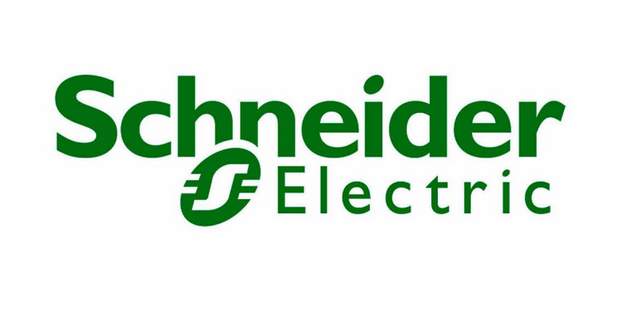
Montgomery County, Maryland, saw the official activation of two advanced microgrids at its Public Safety Headquarters (PSHQ) and Correctional Facility. The microgrids are on-site clean power generation systems, which permit both facilities to operate independently from the power grid to ensure continuity of operations in the event of a catastrophic storm or major power outage.
The completed project is provided through an innovative public-private partnership with Schneider Electric and Duke Energy Renewables that required no upfront costs for the County. The on-site power generation at these two sites is anticipated to reduce greenhouse gas emissions equal to removing 765 cars off the road or planting 94,000 trees.
The Montgomery County PSHQ microgrid also achieved Performance Excellence in Electricity Renewal (PEER) certification from Green Business Certification Inc. (GBCI) and is the first Maryland project and public safety headquarters to earn certification. PEER is the world’s first certification program that measures and improves power system performance and electricity infrastructure. Through certification, PEER recognizes industry leaders for improving efficiency and sustainability, day-to-day reliability and resilience in the face of severe events.
“Montgomery County is one of the first jurisdictions in the nation to incorporate resilient energy resources, enabling essential public facilities to be self-sufficient and reduce our overall carbon footprint,” said Leggett. “The Public Safety Headquarters and the Montgomery County Correctional Facility are essential to protecting our communities. The solar panels and other advanced systems added to these facilities will generate clean power and take stress off the grid during extreme weather conditions and other emergencies.”
Public-private partnership
Given the Schneider Electric and Duke Energy Renewables public-private partnership (P3) made the project possible with no upfront capital costs, the County’s other budget priorities were not affected. As part of the agreement, Duke Energy Renewables will own and operate both microgrids with the assistance of its subsidiary, REC Solar, and Schneider Electric. The two advanced microgrids will produce approximately 3.3 million kilowatt hours of solar energy annually, as well as 7.4 million kilowatt hours of combined heat and power.
“This microgrid project is a major benefit for Montgomery County and the entire National Capital Region,” said Riemer. “This P3 with Schneider Electric and Duke Energy Renewables ensures continuity of critical services at our Public Service Headquarters and Correctional Facility during power losses and saves our residents millions of dollars.”
— Solar Builder magazine

Leave a Reply
You must be logged in to post a comment.